It’s starting to feel a lot like we’re actually in the new generation of consoles thanks in part to the release of Returnal on PlayStation 5. Developed by Housemarque, the Finnish studio best known for carrying the arcade torch with games like Super Stardust HD and Resogun, Returnal is a clear evolution for the team. It takes the white-knuckled action and aggressive combat dance that made its previous games so memorable and marries them with a gorgeous 3D presentation, wonderful use of the DualSense controller, and the kind of deep, mysterious, and well-told story that we’ve come to expect from games published by Sony.
But while there’s a lot to love and talk about when it comes to Returnal, it feels like the topic that’s come up most during its first few days of release has been its high degree of difficulty. Particularly, there’s how that unflinching challenge is amplified by not being able to save your game mid-run, the lack of any sort of options to make the game easier or more accessible, and some nagging technical issues. And while there’s no doubt that it’s about as tough of a game as we’re used to seeing in the AAA space, that difficulty is generally earned and mostly fair… until the frustrating moments that it isn’t.
Like most other games in the roguelike genre, death is baked into the very core of Returnal’s gameplay loop. And I use the word loop quite literally, as you play as a cosmonaut named Selene who has crash-landed on a mysterious and dangerous planet named Atropos. She finds herself stuck in a Groundhog Day-esque cycle where each death tosses her back to the moment she made planetfall. Like 2020’s beloved Hades, the game is cognizant of the loop of progress, death, a bit more progress, and another death.
But while Hades leaned heavily on various forms of meta-progress that would carry over throughout each run, a bulk of your success in Returnal hinges on what you’re able to gather each time you trek out from the wreckage of your ship. There are some permanent stat upgrades, weapon growth, and tools to be found throughout the world that make subsequent runs easier or give you access to various shortcuts and new areas. And defeating a boss makes them optional in future runs, but most of the time your success relies on equal parts skill and luck from the RNG (random number generator) gods.
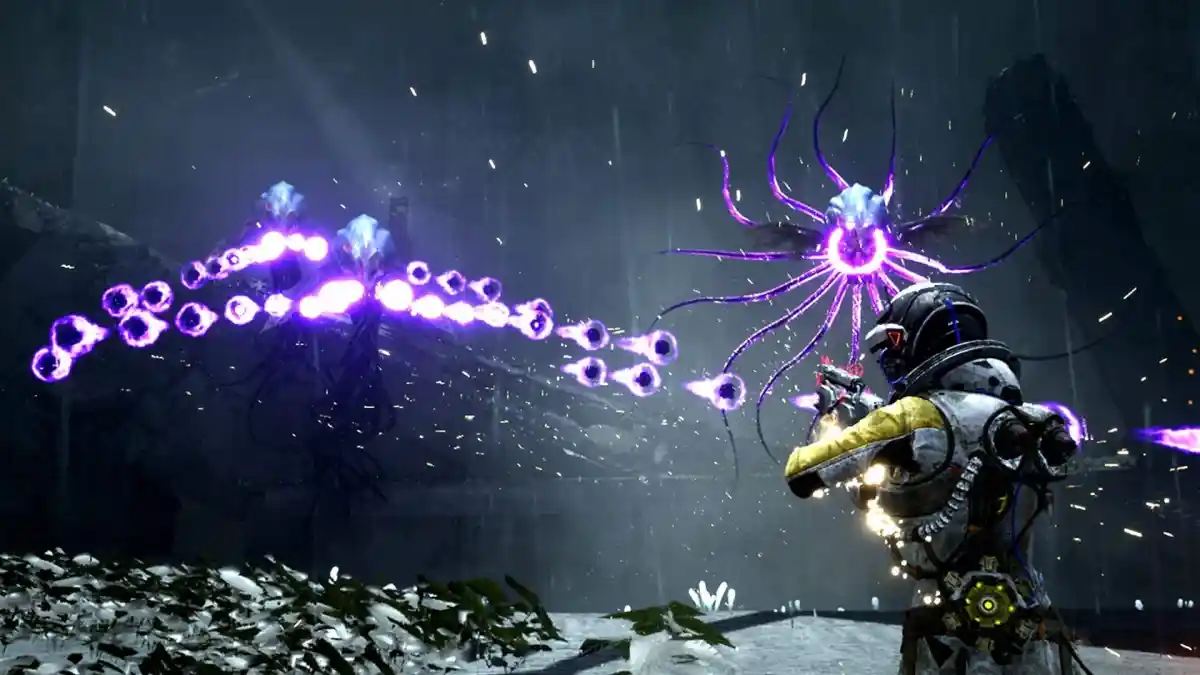
The run-and-gun nature of Returnal’s alien encounters feels great and does a wonderful job of communicating a lot of information to you in a short amount of time. Enemies have distinct shapes and colors, and their projectiles are bright and display the nature of their danger immediately. Once you’ve learned what you’re up against, it’s easy to step into a room and immediately identify flying enemies, slow-moving crawlers, stationary turrets, and dangerous foes that can teleport around the arena. This information lets you prioritize your kills, plan your strategy, and execute your attacks in a really satisfying manner.
When Returnal really clicks, you enter a sort of combat fugue state, similar to what happens in the recent Doom games. Breathing a massive sigh of relief after surviving these encounters is wonderful. That said, there are moments I felt truly frustrated as a result of the third-person camera’s limitations.
Unlike in Resogun or Stardust, where you have a full 360-degree view of everything happening on the battlefield, you can occasionally find yourself being attacked from behind in Returnal without having any idea of what’s going on back there. It’s also annoying that bringing certain weapons into certain boss encounters will make your life extremely difficult, like if you happen to be carrying a shotgun against one of the bosses who likes to stay extremely far away from you. This is something that could’ve easily been avoided if the game had allowed you to swap between a pair of weapons of your choice, a la Halo or Gears.
But I’d say that the main culprit for most of Returnal’s frustration in battle stems from the aforementioned RNG. While not knowing what you’re going to find through the next doorway keeps things fresh and exciting, it also led to some situations where I was tossed in a room that felt too cramped for the types of enemies being thrown my way. Through very little fault of my own, I was immediately surrounded without any way to escape the situation, and dying in Returnal means losing your progress and being thrown back to the start of the act.
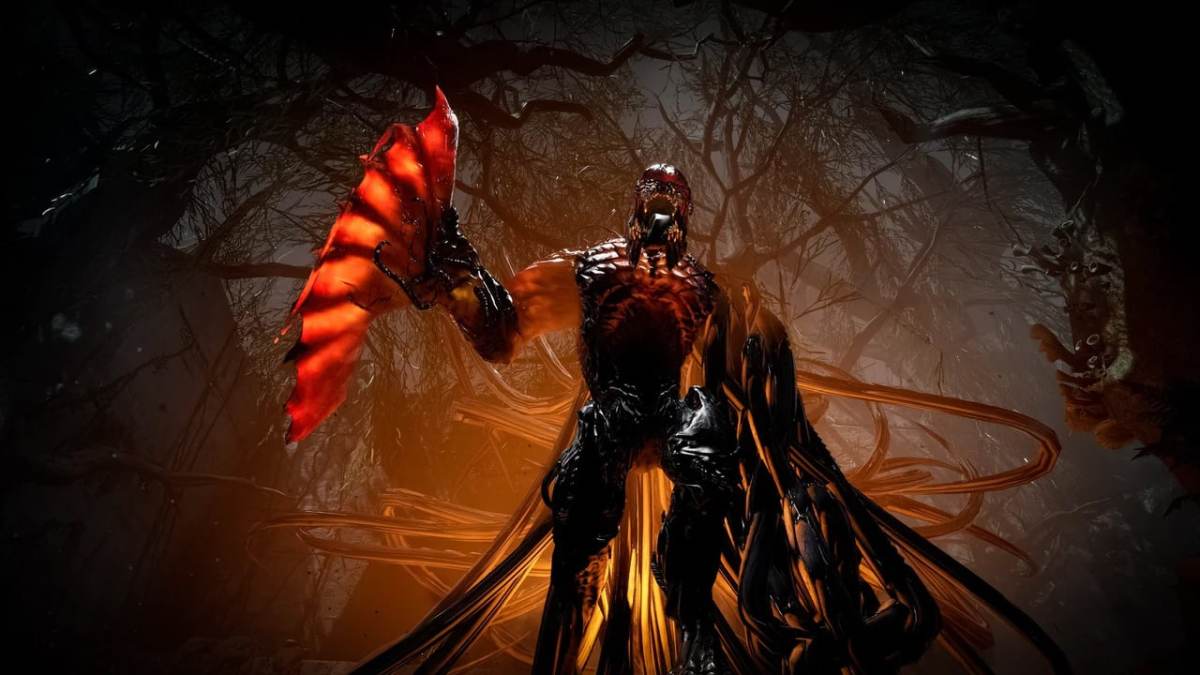
That punishment after death is a key part of roguelikes, and any tough-but-fair game in general. I can’t count the number of times I died through games like Hades, Dark Souls, Spelunky, and Celeste, four of my favorites of the past decade. In all of these games, death is ultimately a learning experience. But one thing that makes death tolerable in those games is that runs generally don’t take all that long. Celeste takes you back to the start of the screen, costing you just a handful of seconds. The best runs in both Spelunky and Hades usually hover around 30 minutes. And the distance between bonfires in Souls games generally isn’t all that great — if you lose a ton of progress, it’s probably because you chose to risk it and not check back in before pressing onwards.
But in Returnal, death on a good run can mean losing hours of progress. While dying to a tough Souls boss makes me want to immediately jump back in, use what I learned, and try again, losing at a tough boss in Returnal made me want to turn off my PS5, pick up my Switch, and take a few laps through New Pokémon Snap. Simply put, the individual runs in Returnal are too long for this type of mechanic, and this problem is compounded by the fact that you can’t save during an individual run.
This is the single most widespread complaint I’ve seen about Returnal. If your game crashes (which happened to me and, judging by my Twitter feed, many others), or if you or someone else using your PS5 happens to open up another game or app while it’s in rest mode (which also happened to me), you’re thrown back to your ship at the start of a new run. It sounds silly, but my frustrations with Returnal might be the thing that’s made me appreciate the Quick Resume functionality on Xbox Series X the most.
So if you’re planning on sitting down with Returnal, you’d better carve out a decent chunk of time, plan on not using your PS5 for anything else, and hope that the game doesn’t crash. This lack of basic save functionality is unacceptable and something that I’m fairly certain Housemarque will patch in soon.
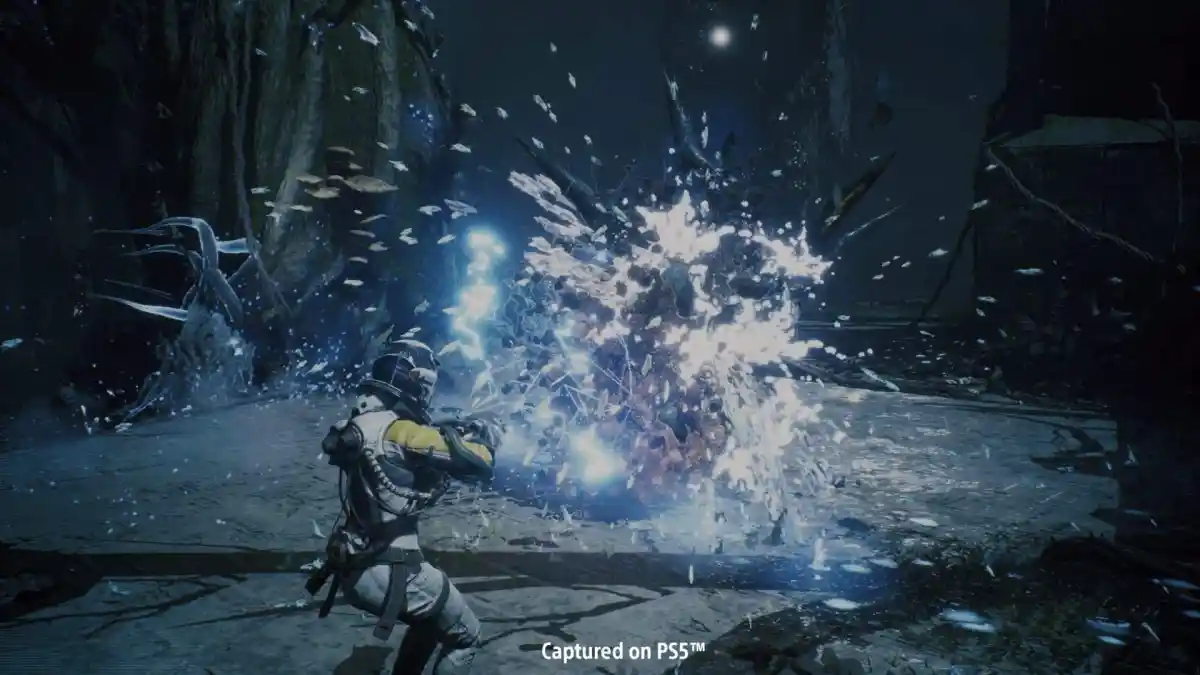
It’s strange to say, but Returnal feels like a game that would have benefited from some form of early access. One of the reasons Hades was so incredibly polished and precise the second it launched last fall was thanks in part to its existing in early access for the better part of two years. Having a small and passionate fanbase following alongside the game’s development, and in turn providing feedback to the team about what works and what doesn’t, can be enough to make a good game great. Obviously Supergiant is a smaller studio than Housemarque, but the fact remains that Hades’ design felt catered to the roguelike experience, while Returnal’s often butts up against it.
The other side of the dialogue surrounding Returnal’s difficulty is the resurgence of the age-old debate of whether all games should have some form of easy mode. While that’s an argument for another day, I will say that I’m all for games being as flexible to the player as possible. I appreciate games like The Last of Us Part II that have accessibility options up the wazoo allowing the largest audience possible to experience their incredible world, regardless of skill level or abilities, including the option to crank things up to Grounded difficulty with permadeath to create a genuine challenge. And I love that Amnesia: Rebirth received an update with Adventure Mode that stripped away the danger and fear effects of the core game, creating what Frictional creative lead Fredrik Olsson said “feels a lot more like an Indiana Jones type of adventure in places where it would otherwise be more of a horror experience.”
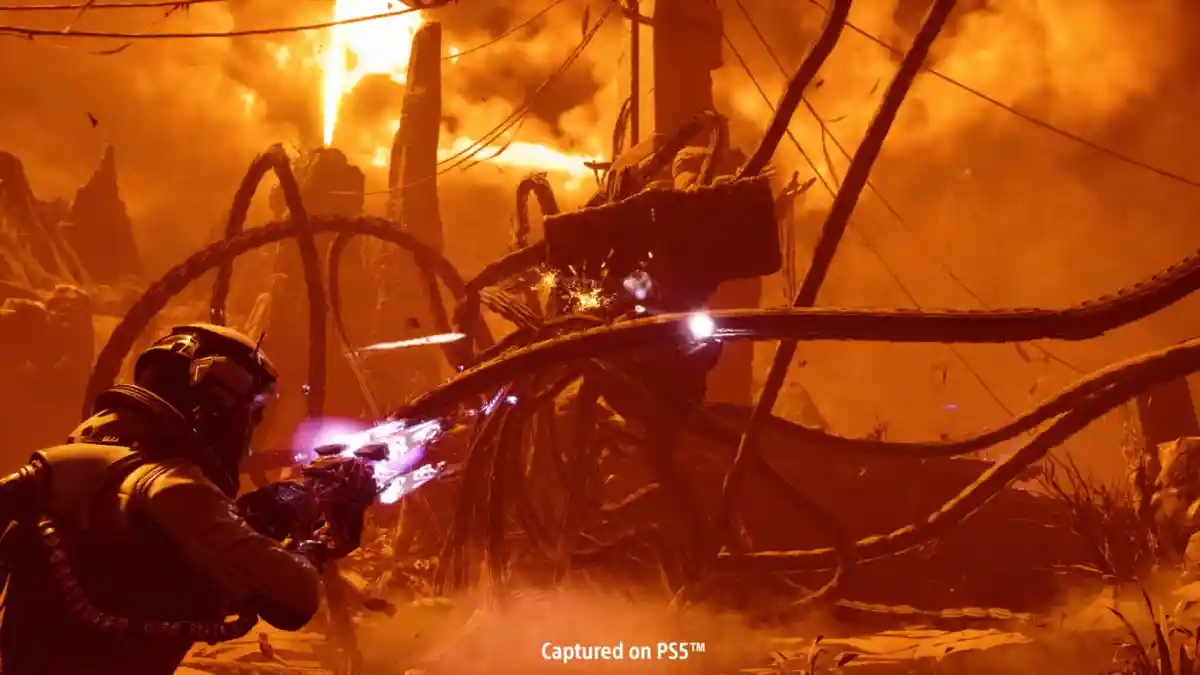
I know it’s never going to happen for a multitude of reasons, but I’d love for all games to have these types of zero-pressure and accessibility modes. In the same way subtitles allow us watch foreign films, dictionaries teach us unknown words while reading novels, and having TV become on-demand means I don’t have to make a precise appointment to catch the latest episode of my favorite show on Sunday nights, difficulty and accessibility options are a wonderful tool for games to reach an even greater audience.
The most frustrating thing about all of this is that there is so much about Returnal that I genuinely love. It’s a gorgeous showcase of what PlayStation 5 can do, and its creative DualSense functionality is the best I’ve seen outside of Astro’s Playroom. Every time I found a new boss, they instantly became my new favorite boss, as the encounters are equal parts spectacle and well-designed challenge. And the revelations that come during its back half of the game are wonderful and truly rewarding. Whenever I thought I knew exactly where the story was going or what the next biome might be like, Returnal zigged to my zag and delivered a wonderful surprise.
As it stands, Returnal is a very good game. And at some point down the road, perhaps its nagging issues will be fixed and it will grow to become a great one. Until then, we’re just like Selene — stuck in an endless loop, holding onto hope that some kind of progress is eventually made.

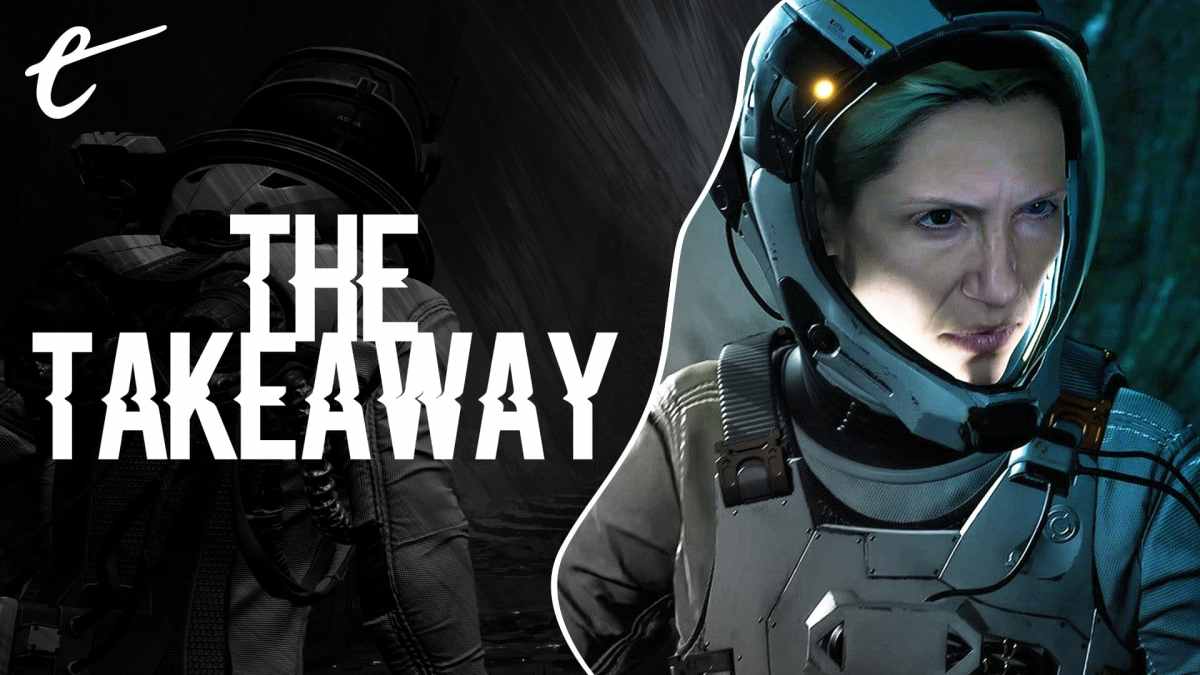




Published: May 3, 2021 12:00 pm